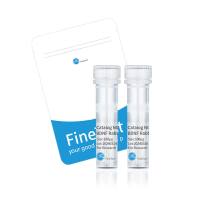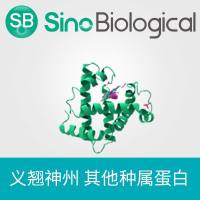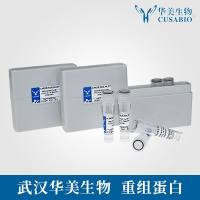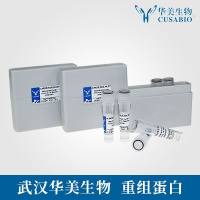PPAR/ Agonist Increases the Expression of PGE2 Receptor Subtype EP4 in Human Lung Carcinoma Cells
互联网
互联网
相关产品推荐

CDC42EP4 antibody|CDC42EP4抗体
¥1140

HIV gp120重组蛋白|Recombinant HIV-1 gp120 Protein (group M, subtype CRF07_BC) (His Tag)
¥1010

Recombinant-Mouse-Prostaglandin-E2-receptor-EP2-subtypePtger2Prostaglandin E2 receptor EP2 subtype; PGE receptor EP2 subtype; PGE2 receptor EP2 subtype Alternative name(s): Prostanoid EP2 receptor
¥11998

BID/BID蛋白Recombinant Human BH3-interacting domain death agonist (BID)重组蛋白p22 BID ;BID蛋白
¥1344

ENOX2/ENOX2蛋白Recombinant Human Ecto-NOX disulfide-thiol exchanger 2 (ENOX2)重组蛋白APK1 antigen (Cytosolic ovarian carcinoma antigen 1) (Tumor-associated hydroquinone oxidase) (tNOX) (COVA1)蛋白
¥1836
相关问答

